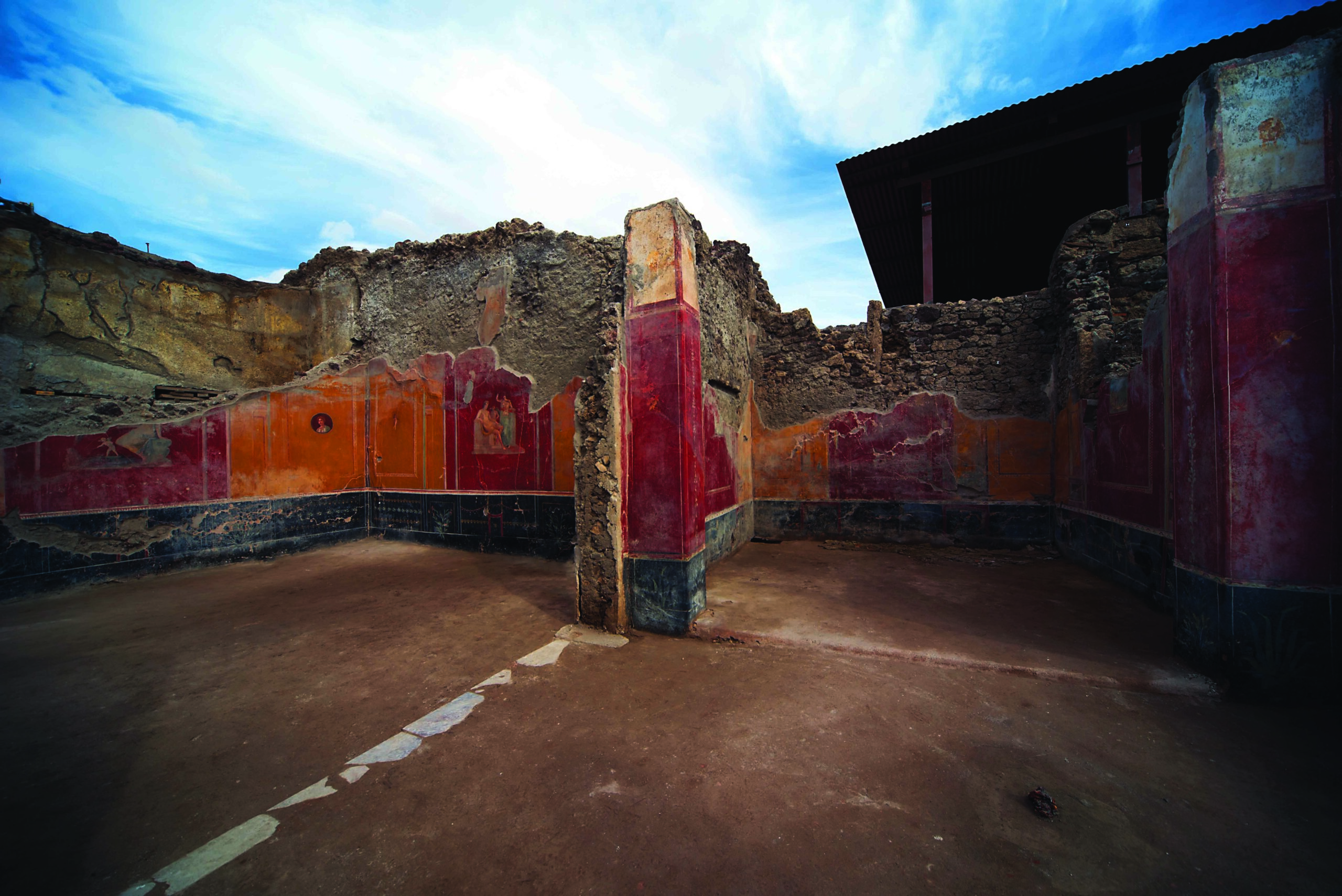MAHARASHTRA, INDIA—The Hindustan Times reports that a team led by D. Nihildas of the Archaeological Survey of India has uncovered a settlement near the Poorna River in west-central India. Nihildas said the site provides the first evidence for occupation of the region in the early Iron Age. The excavators found traces of a 2,500-year-old bead workshop, including 400 finished and unfinished beads made of semi-precious stones such as carnelian, quartz, chalcedony, chert, agate, and lapis lazuli; iron equipment; pottery; hearths; storage areas; carbonized fruit; and the bones of cows, buffalo, sheep, goats, pigs, dogs, deer, hare, porcupines, mongoose, cranes, ducks, and turtles. Glass bangles and molds dating to the later Iron Age were also recovered. Finds from this same period included iron tools such as pestles, chisels, sickles, nails, axes, daggers, and knives, as well as bangles, rings, and blades made of copper. For more on Iron Age India, go to "Double Vision."
Iron Age Village Unearthed in Western India
News August 29, 2019
Recommended Articles
Letter from the Levant March/April 2025
On the Origin of the Pork Taboo
Exploring ancient people’s shifting beliefs about rearing and eating pigs
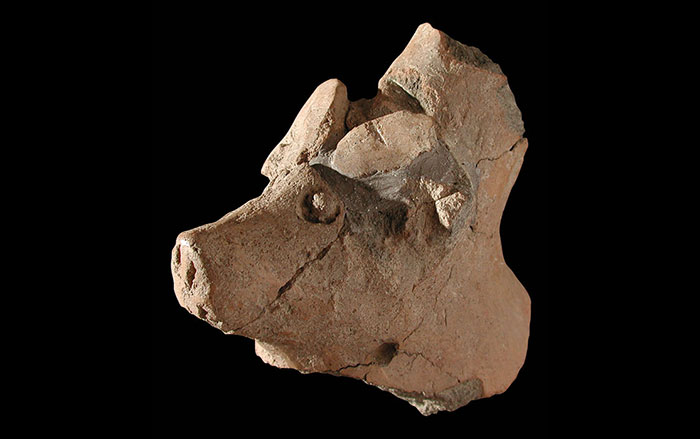
Searching for Lost Cities May/June 2024
Which Island Is it Anyway?
Unidentified Island, English Channel
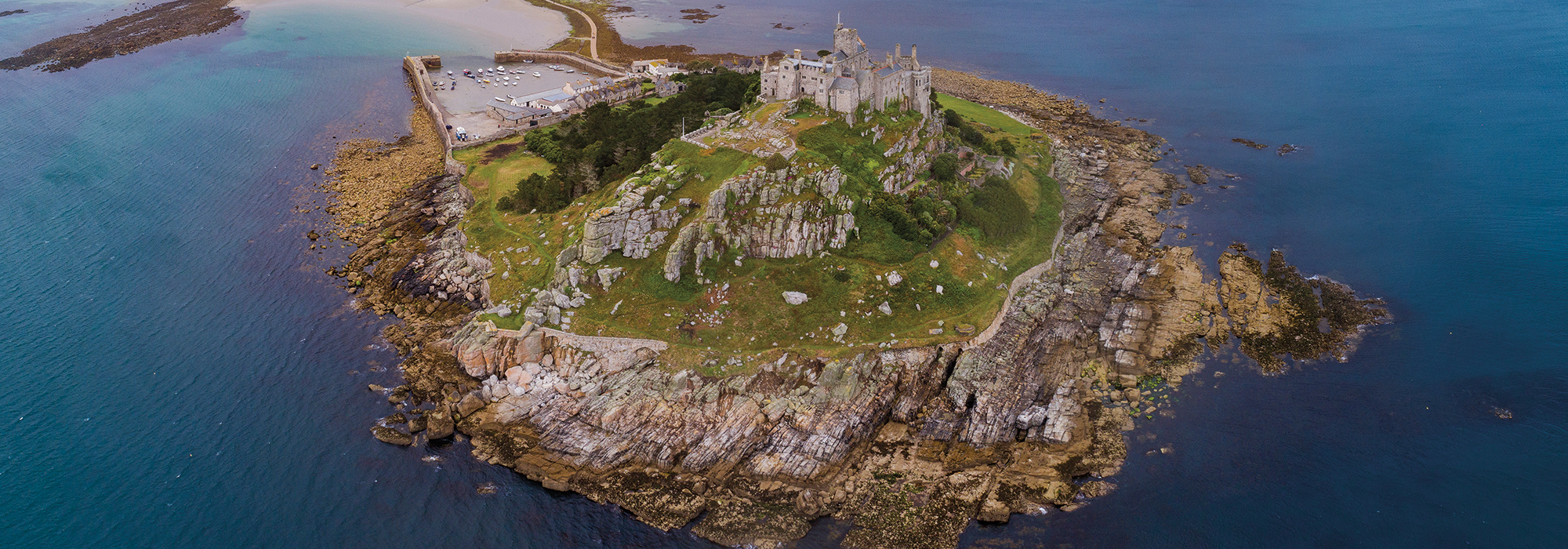
Off the Grid January/February 2023
Tongobriga, Portugal
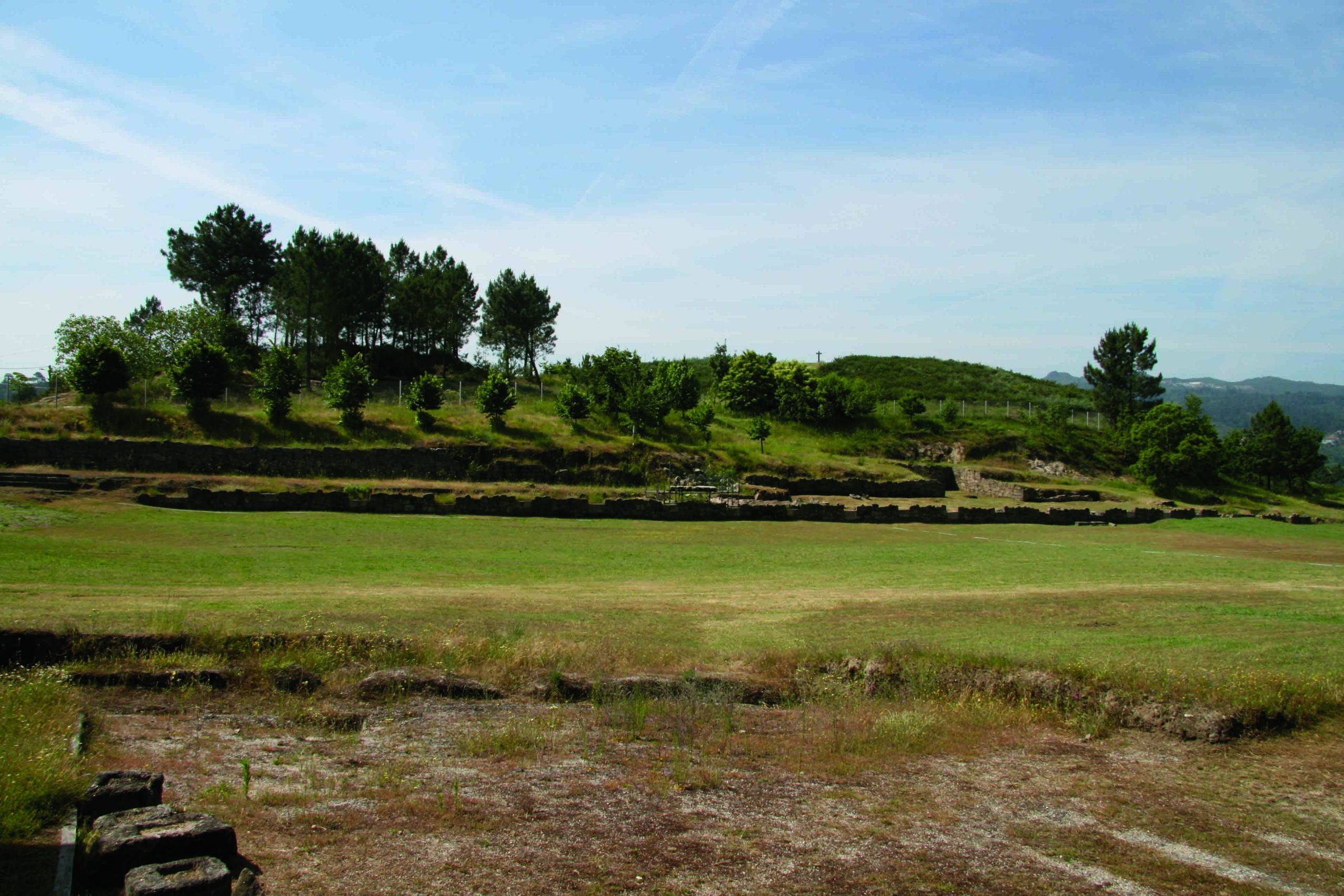
Digs & Discoveries September/October 2022
Surveying Samnium
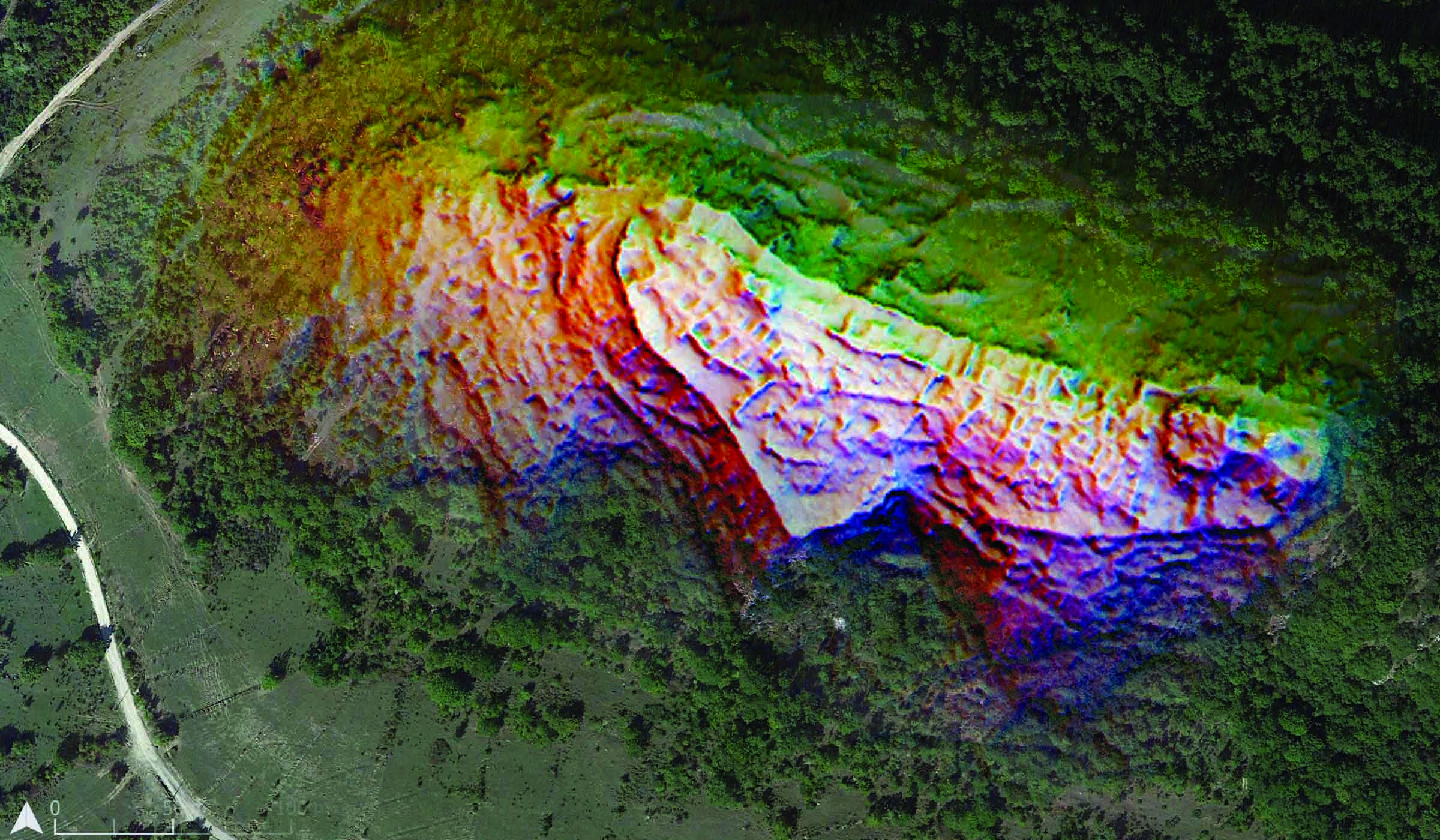
-
Features July/August 2019
Place of the Loyal Samurai
On the beaches and in the caves of a small Micronesian island, archaeologists have identified evocative evidence of one of WWII’s most brutal battles
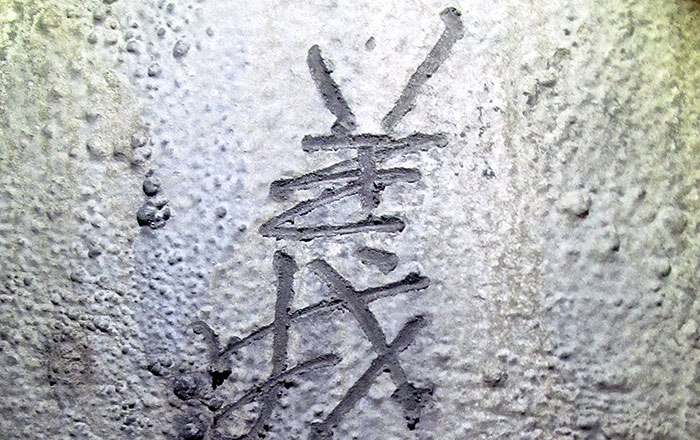 (Courtesy Neil Price)
(Courtesy Neil Price) -
Letter from England July/August 2019
Building a Road Through History
6,000 years of life on the Cambridgeshire landscape has been revealed by a massive infrastructure project
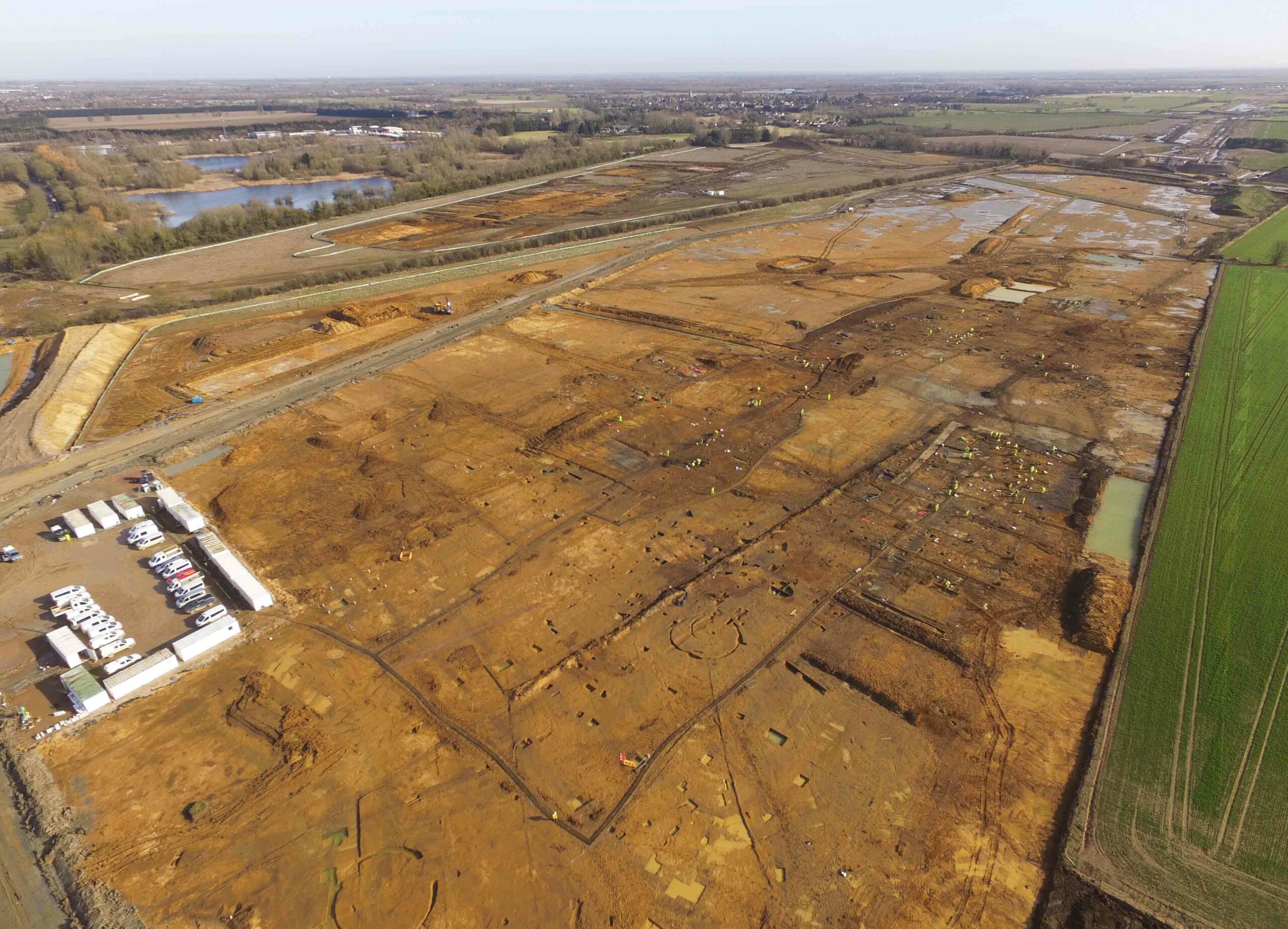 (Highways England, courtesy of MOLA Headland Infrastructure)
(Highways England, courtesy of MOLA Headland Infrastructure) -
Artifacts July/August 2019
Bronze Age Beads
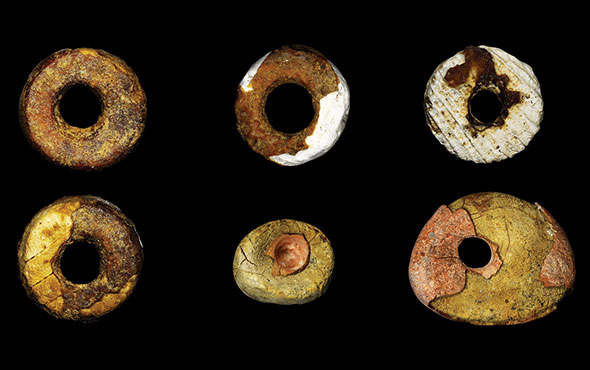 (Courtesy Carlos Odriozola)
(Courtesy Carlos Odriozola) -
Digs & Discoveries July/August 2019
You Say What You Eat
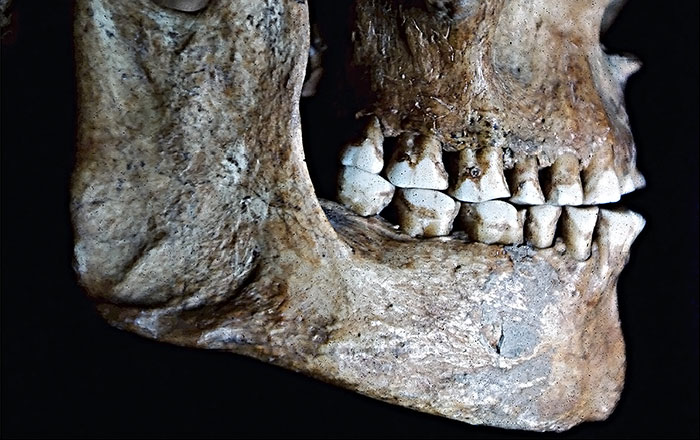 (Courtesy David Frayer, University of Kansas)
(Courtesy David Frayer, University of Kansas)


